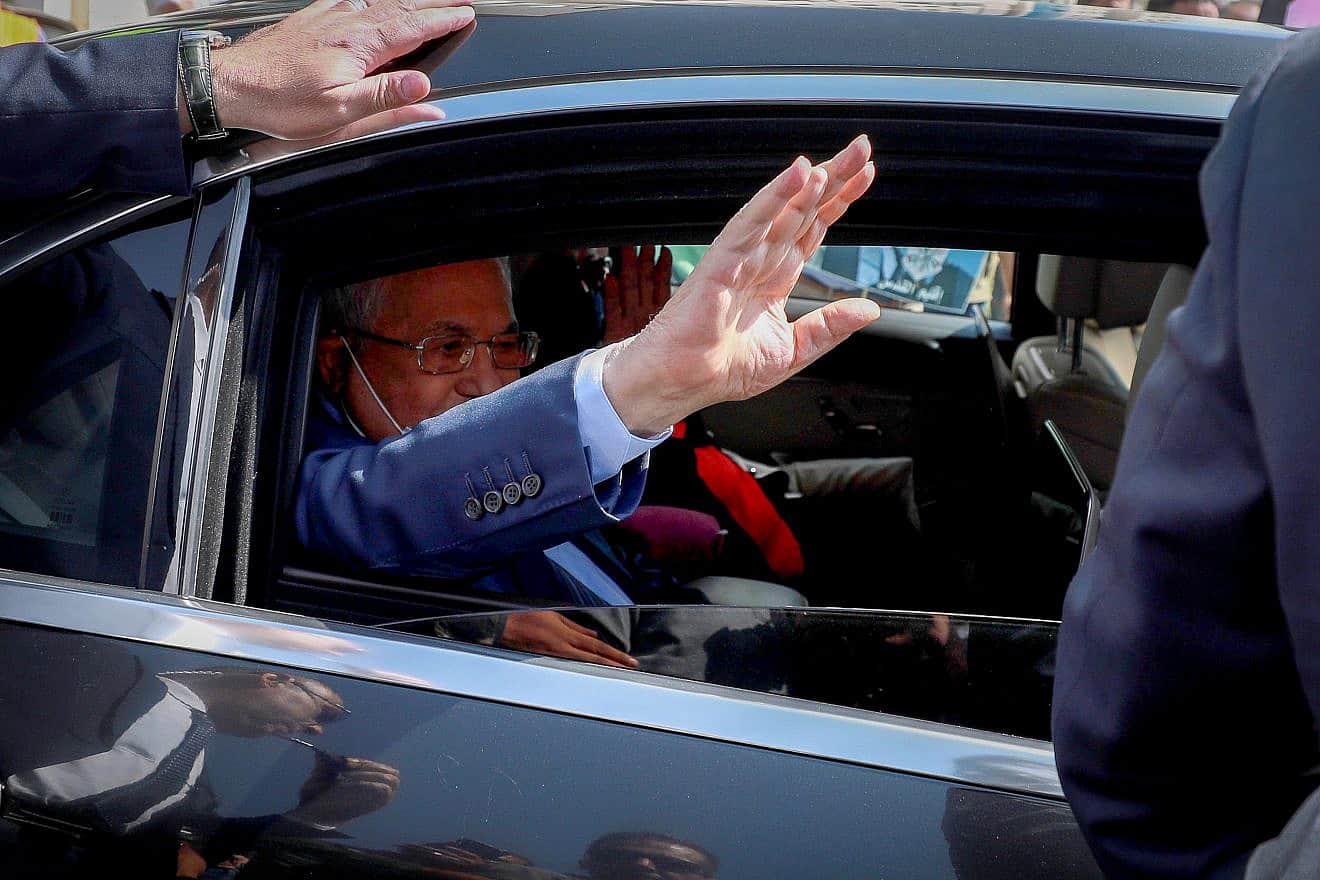On July 30, 2023, fighting broke out in the Ain al-Hilweh refugee camp near Sidon, Lebanon, following the assassination of senior Fatah officer Maj. Gen. Abu Ashraf al-Aramoushi. The attackers were believed to be members of Jund al-Sham, an Islamist faction affiliated with Al-Qaeda. Al-Aramoushi, a commander of the Palestinian national security forces in Sidon, was assassinated in Ain al-Hilweh along with his three bodyguards on July 30, 2023.
The Lebanese army called for an immediate ceasefire. Under an agreement between the PLO and the Lebanese government, Lebanese military forces are prohibited from entering Palestinian refugee camps. Instead, the maintenance of security in these camps falls under the purview of Palestinian factions through a joint security force.
The fighting resumed
In the wake of the recent battles, hundreds of families from Ain Al-Hilweh fled their homes. Eight UNRWA-run schools, which would typically have provided shelter to the homeless, are currently in the control of the Islamist forces. At the same time, nearby Sidon does not permit the refugees’ relocation. A tent encampment established there by the United Nations had to be dismantled.
The Fatah movement has accused extremist Islamic groups affiliated with Al-Qaeda and Islamic State, whose members have crossed over from Syria, of attempting to seize control of the camp—the largest in Lebanon.
Was a PA official the catalyst?
Officials in Lebanon contend that the violence erupted following the visit of the head of Palestinian Authority Intelligence, Majed Faraj, to Beirut last month, during which he held discussions with senior officials in the Lebanese government.
The P.A. is actively working to reinforce its control within Lebanese refugee camps, thwart the takeover attempts by jihadist Islamic groups and Hamas and establish new Fatah leadership, thereby neutralizing the centers of power aligned with Muhammad Dahlan, a political rival of P.A. chairman Mahmoud Abbas.
According to Lebanese sources, Faraj brought substantial financial resources to Lebanon to garner support from Fatah activists within the refugee camps.
The P.A. is apprehensive that the extremist Islamic elements’ potential takeover of Ain al-Hilweh could set a dangerous precedent for other refugee camps.
The ongoing conflict will likely persist as the Fatah movement is determined to prevent extremist Islamic organizations from seizing this crucial power base in Lebanon.
A truce was reached on Aug. 3, but fighting resumed on Aug. 8 when Fatah demanded that Jund al-Sham turn over Gen. al-Aramoushi’s killers and that gunmen surrender their positions in schools.
Najib Mikati, Lebanon’s interim prime minister, contacted P.A. chairman Abbas on Sept. 9 to discuss the latest developments in Ain al-Hilwa following the resumption of hostilities.
Mikati stressed the priority of ceasing all military action and cooperating with the Lebanese security services to address the existing tensions.
“What is happening does not serve the Palestinian cause at all and constitutes a grave insult to the Lebanese state in general, particularly to the city of Sidon, which embraces the Palestinian brothers. What is required in return is that they deal with the Lebanese state in accordance with its laws and regulations, preserving the safety of its citizens,” he said.


























